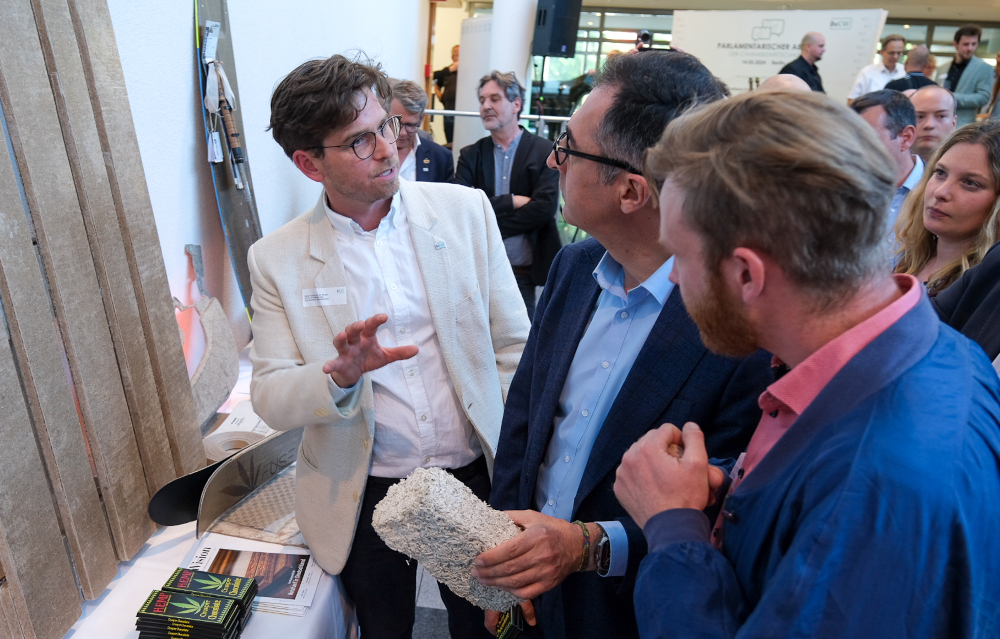A controversial clause on THC will be removed from German regulations on industrial hemp, and other rules are being adjusted to ease the path for producers, according to the country’s Ministry of Food and Agriculture (BMEL).
During a recent parliamentary meeting with industry stakeholders hosted by the German Cannabis Business Association (BvCW), BMEL Minister Cem Özdemir signaled that work is underway to delete the “intoxication clause,” which describes the theoretical possibility that a person can get high by consuming large quantities of industrial hemp.
“This senseless clause has increasingly caused economic damage and bankruptcies,” said BvCW managing director Jürgen Neumeyer. “This is an important step towards re-establishing the German industrial hemp industry.”
Pulling the thorn
Removal of the clause, which has long been a thorn in the side of the German hemp industry, would relieve stakeholders of persistent headaches from German enforcement agencies, which have often instituted bans, carried out raids and brought criminal lawsuits regarding hemp foodstuff and hemp-derived products such as CBD. Stakeholders have said eliminating the intoxication clause will give producers security in their business planning and set Germany’s food makers on par with other markets around the world.
The clause is especially inappropriate now that Germany allows the home cultivation of high-THC marijuana.
Other bureaucratic changes already implemented by the BMEL should simplify things for hemp growers and producers, according to Marijn Roersch van der Hoogte, BvCW vice president and head of the association’s department for industrial hemp.
Field testing eased
One update simplifies testing for THC content by designating specific plantations of specific varieties for the tests rather than requiring all growers to undergo such inspections when their fields flower. In another change, growers can now submit certification labels from planting seed supplies by digital photos instead of physical copies. The labels are submitted to verify that growers are using certified planting seed.
“Whether as a fiber composite in the automotive industry, insulation material and hempcrete in construction or biodegradable plastic, the sustainable potential of hemp is diverse and could make an important contribution to CO2 reduction in Germany,” said Roersch van der Hoogte. “The current reforms are big steps towards making better use of these in the future.”
Özdemir also said discussions are underway that would clear a path for the indoor cultivation of industrial hemp for CBD production. Also, a rule is being considered that would allow for the THC level to rise to a maximum 1.0% during the production of such products as tea and CBD as long as the content in the final products does not exceed the EU limit of 0.3%.

